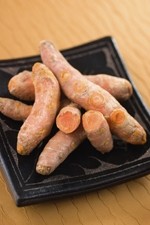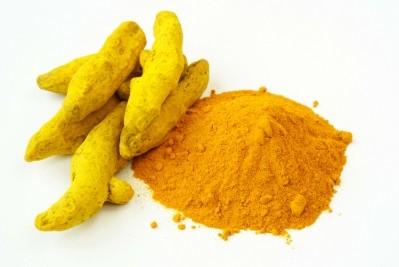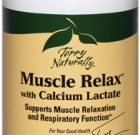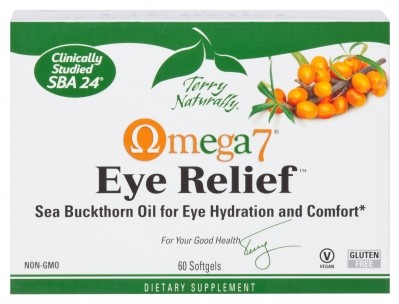EuroPharma to launch probe into synthetic vs natural curcumin

Curcumin – a potent anti-inflammatory agent from the spice turmeric – has been rising in popularity as a growing body of research suggests it could play a role in tackling a range of diseases from Alzheimer’s to osteoarthritis.
But its popularity could also provide an opportunity for unscrupulous firms to increase profit margins by passing off cheaper synthetic curcumin as natural, claimed EuroPharma, which is working with the University of Georgia on tests using radiocarbon dating techniques to help detect the presence of synthetic curcumin.
EuroPharma, which supplies natural curcumin extract BCM-95, will “begin analyses this year on random curcumin products on the market to determine the percentage that contain synthetic versus natural, or a combination of both”, chief of scientific affairs and education Cheryl Myers told NutraIngredients-USA.
First objective: to determine extent of the problem
She added: “It is not our intent to identify products by name. Our first objective is to see how widespread the problem may be. If it turns out that there is a great deal of deception in the marketplace, we will leave it to the proper regulatory agencies to address this issue.
“I am hopeful that [if there are] companies ‘passing off’ synthetic curcumin as natural , [they] are doing so unwittingly. However, there may be a few bad players.”
Why does it matter?
Natural curcumin is extracted from the turmeric plant, whereas synthetic curcumin is created using petroleum-based materials, she said.
“Natural curcumin is a family of compounds called curcuminoids with some small portion of other compounds from the turmeric plant. Synthetic curcumin may be a copy of all the curcuminoids, or only one or two of them. Synthetic curcumin lacks any of the synergistic helper compounds found in the turmeric plant.
“Synthetic curcumin has no record of long-term safe use, nor are there studies showing it is beneficial in the same manner as natural curcumin for health.
“We work closely with several prestigious research institutions using BCM-95 in research on diseases including cancer, Alzheimer’s disease, and osteoarthritis. Therefore, we are highly motivated to protect the integrity of perhaps one of the most medically significant herbs in the world: curcumin.”
The commercial incentive to mislead
While synthetic curcumin was cheaper than natural curcumin, the cost saving might not necessarily be passed on, so it was not simply a case of warning buyers to beware of cheap products, said Myers.
“It may be that products containing synthetic curcumin are sold at the same price as natural, so that the profits are substantially increased.
“We do know that curcumin is increasing dramatically in popularity and sales, which creates a shortage situation. This competition for natural curcumin drives up prices.
“We also know that synthetic curcumin is commercially available as a raw material, and is less expensive than natural. But the degree of penetration into the natural health products market remains to be seen. That is why this new testing methodology is so important.”
Radiocarbon dating was not a means of identifying curcumin, but determining whether curcumin samples being tested contained synthetic curcumin, which was derived from petrochemicals and would therefore release carbon isotypes, said Myers.
“This procedure was only very recently developed at the University of Georgia and is not yet in use at commercial analytical laboratories. This method is being used to research to what extent synthetic curcumin is present in natural products.”
Sabinsa: We are not aware there is an issue
Sabinsa, which products the natural Curcuminoids C3 Complex, said it was “not aware” that there was an issue in the market with synthetic materials masquerading as natural.
Marketing director Shaheen Majeed said synthetic curcumin and natural curcumin(oids) were, “as a first step, most easily distinguished by their HPLC profile.
“While synthetic curcumin shall give a single HPLC peak, the natural sample will give three peaks in a particular ratio corresponding each of the three curcuminoids. Radiocarbon dating can distinguish the natural and synthetic materials without recourse to any other technique.”
He added: “Synthetic curcumin is a single entity whereas natural curcumin(oids) will consist of three curcuminoids in certain proportions. There are definitely certain physical, chemical and pharmacological differences between the two compositions.”
























